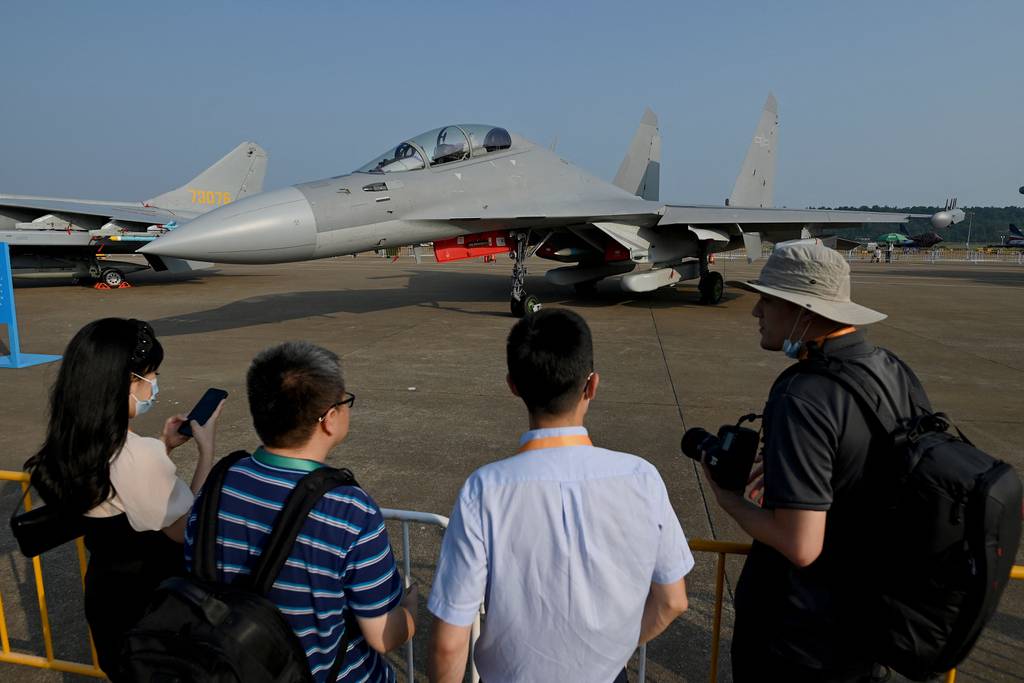
A littoral combat ship (LCS) is a fast, agile and stealthy naval platform designed for operation in near-shore environments. It's designed to defeat asymmetric threats like mines, submarines, and fast surface craft in order to maintain maritime supremacy within the littoral.
The LCS was created to replace the Oliver Hazard Perry class guided missile frigates which were retired in 2008 from US Navy service. Its mission is largely focused on Anti-Surface Warfare, but it can also be outfitted with modular Mission Packages to perform other missions such as Sea Control and Power Projection.
Two variants of LCS are available at present: Independence and Freedom. The Freedom class is made up of a monohull steel and the Independence class a trimaran.
Although the LCS is a relatively new platform it has faced serious reliability and cost issues since its inception. These issues were extensively covered in the media.

GAO's recent report found that many ships have been prematurely retired due to poor workmanship and cost overruns in the LCS program.
LCS has become an unsustainable weapon system. Over $60 billion is required to maintain the program for the entire life of the ships.
The Navy has attempted to address some problems, but they are unable or unwilling to solve them all. This is a major issue for the Navy, as it will not be able to afford to maintain and upgrade the ships without a corresponding increase in funding.
GAO stated that the USN should spend more money to maintain and repair the ships in order to keep them in operation. This would allow them the ability to continue fulfilling their missions as they have been designed.
However, the costs of these repairs are also likely to be a significant burden for the taxpayer. This is because the Navy has to pay contractors for the services they provide.

There are also concerns regarding the Navy's ability manage the vessels and keep them in good condition for long periods of time. This is due to the difficulty and complexity of managing electronic systems on the ships, as well as a lack of experience in maintaining the vessels.
Lastly, the LCS has been found to be vulnerable to corrosion and sacrificial anodes. This has led to many hull cracking and damage, which has limited their ability operate in higher speed patrols or in rough water conditions.
The Navy was forced to correct the problem after the LCS program failed. These include updating the ship's design, and addressing the cost overruns and other problems with the LCS program. The Navy also promised to continue working on the ship's development to improve its performance.